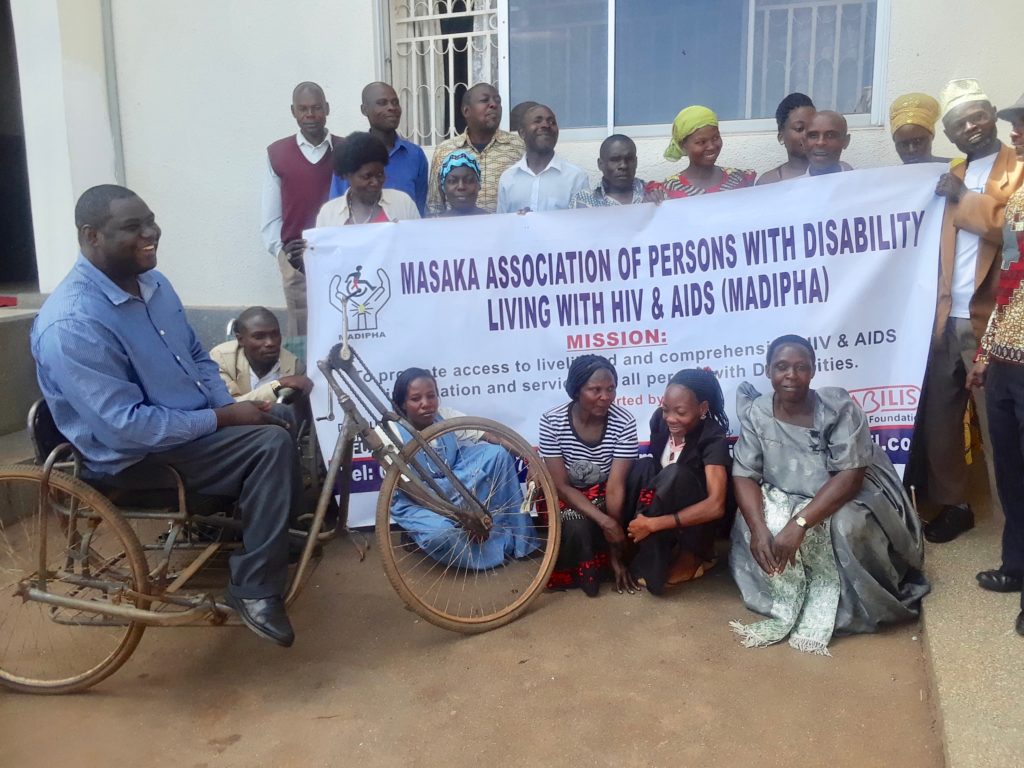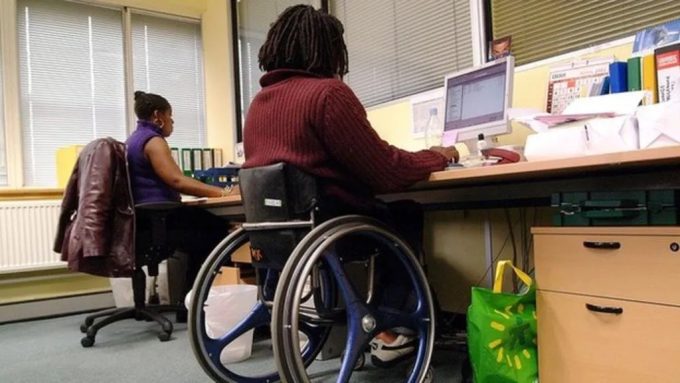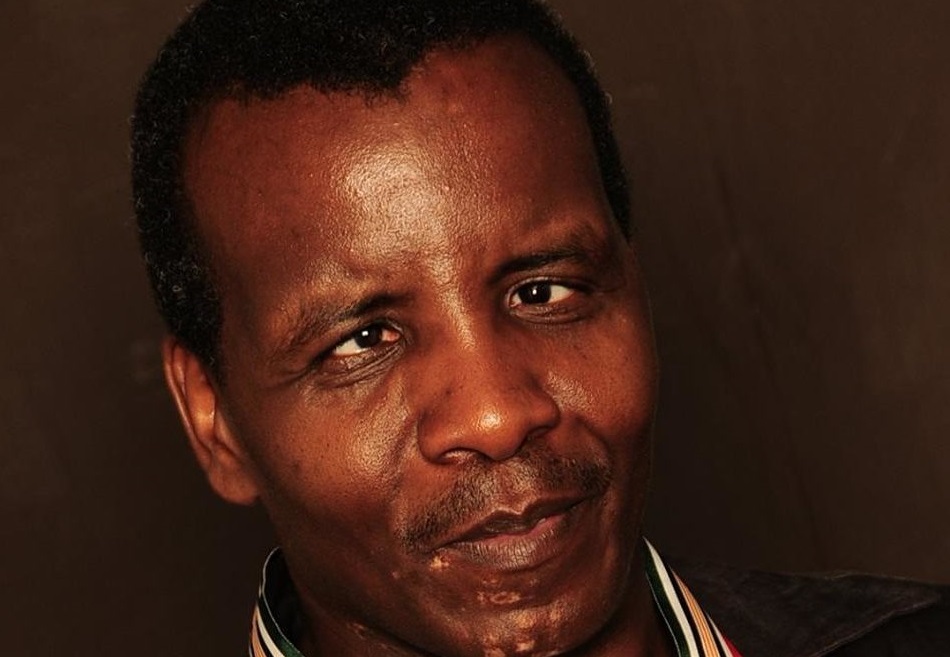Persons with disabilities are less likely than others to be employed and when employed, it is more likely to be in the informal sector. As a consequence, they have less access to social insurance based on employment than others, which decreases their economic resilience in the current COVID-19 context.
Those who are employed or self-employed may be prevented from working from home due to the absence of equipment and support that are often available in the workplace, and face increased risks of losing their incomes and jobs.
Lack of income
In addition, COVID-19 measures may indirectly affect persons with disabilities by preventing family and bread-winners from working, negatively impacting the overall household income.
The lack of income represents a disproportionate burden on persons with disabilities and their households, which typically face extra costs and expenditures related to disability (accessible housing and equipment, assistive devices, specific goods and services, etc), pulling them more rapidly into poverty.
Both government and private sectors should closely consult with and actively involve persons with disabilities and their representative organizations in framing a rights-based response to the pandemic that is inclusive of, and responsive to, persons with disabilities in all their diversity.
Some of the key actions/measure the government and other stakeholders should take include:
· Provide financial aid for persons with disabilities without any income (e.g. lumpsum payments; tax relief measures, subsidization of goods, etc.).
· Increase existing disability benefits, including through advancing payments to cover extra costs.
· Extend automatically any soon-to-expire disability related entitlements.
· Provide financial compensation for self-employed persons with disabilities who find their income reduced.
· Implement financial assistance programmes for persons who stop working to support or to prevent contamination of their family member(s) with disabilities and who are not covered by unemployment or sickness benefits.
· Provide financial support, including through tax credits, to employers of persons with disabilities to provide equipment required for teleporting.
· Ensure that food provision schemes cover persons with disabilities and are responsive to their needs, including logistical measures to deliver food at their houses.
First and foremost, governments need to involve and fund organizations of persons with disabilities. They need to involve them in all steps of the response and, more importantly, on the recovery process.













Leave a comment